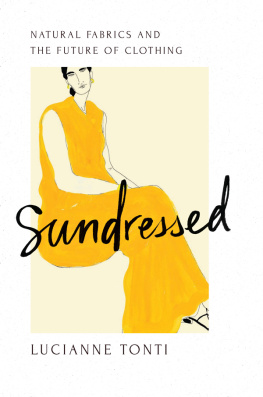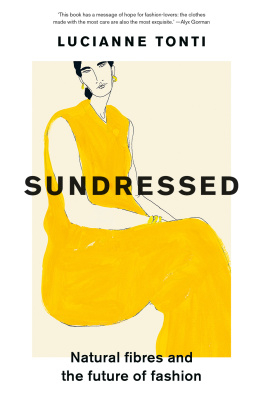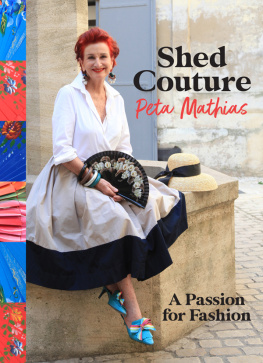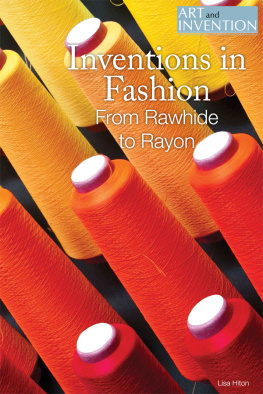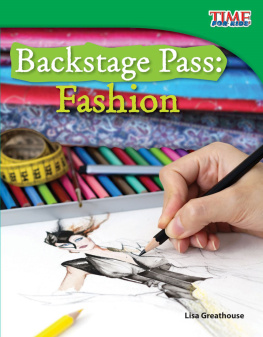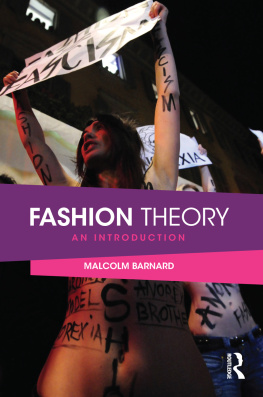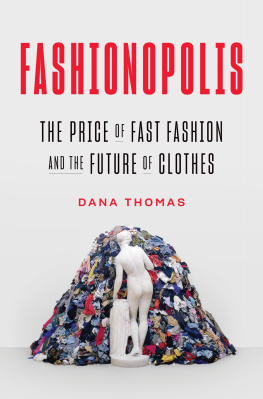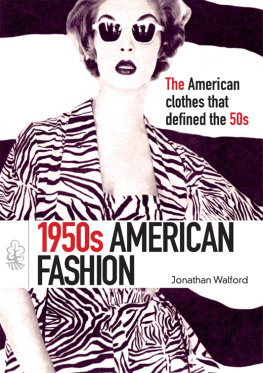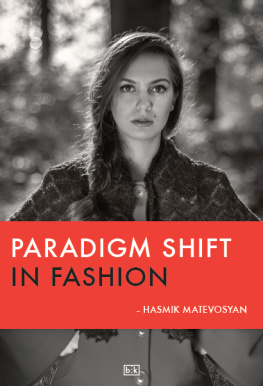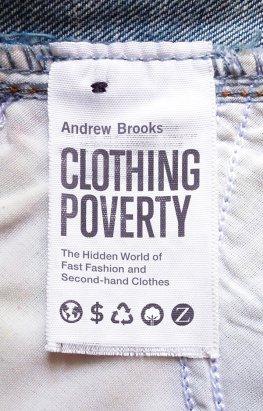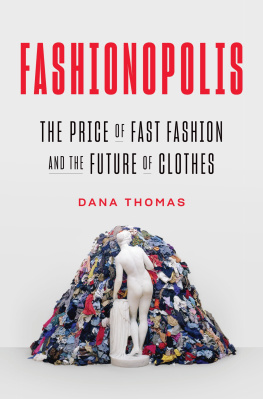About Island Press
Since 1984, the nonprofit organization Island Press has been stimulating, shaping, and communicating ideas that are essential for solving environmental problems worldwide. With more than 1,000 titles in print and some 30 new releases each year, we are the nations leading publisher on environmental issues. We identify innovative thinkers and emerging trends in the environmental field. We work with world-renowned experts and authors to develop cross-disciplinary solutions to environmental challenges.
Island Press designs and executes educational campaigns, in conjunction with our authors, to communicate their critical messages in print, in person, and online using the latest technologies, innovative programs, and the media. Our goal is to reach targeted audiencesscientists, policy makers, environmental advocates, urban planners, the media, and concerned citizenswith information that can be used to create the framework for long-term ecological health and human well-being.
Island Press gratefully acknowledges major support from The Bobolink Foundation, Caldera Foundation, The Curtis and Edith Munson Foundation, The Forrest C. and Frances H. Lattner Foundation, The JPB Foundation, The Kresge Foundation, The Summit Charitable Foundation, Inc., and many other generous organizations and individuals.
The opinions expressed in this book are those of the author(s) and do not necessarily reflect the views of our supporters.

Island Presss mission is to provide the best ideas and information to those seeking to understand and protect the environment and create solutions to its complex problems. Click here to get our newsletter for the latest news on authors, events, and free book giveaways.
2023 Lucianne Tonti
All rights reserved under International and Pan-American Copyright Conventions. No part of this book may be reproduced in any form or by any means without permission in writing from the publisher: Island Press, 2000 M Street, NW, Suite 480-B, Washington, DC 20036.
Library of Congress Control Number: 2022941569
All Island Press books are printed on environmentally responsible materials.
Manufactured in the United States of America
10 9 8 7 6 5 4 3 2 1
Keywords: carbon footprint, circular economy, clothes recycling, fast fashion, hemp, microfiber, modal, natural fabrics, organic cotton, organic farming, polyester, regenerative agriculture, secondhand clothing, silk, sustainable fashion, synthetic fabrics
ISBN-13: 978-1-64283-272-3 (electronic)
For my Dad
Introduction
I love my clothes. Its what I say anytime someone tells me they dont want to be seen in the same thing twice. I love my clothes. On a good day, they make me feel beautiful. On a bad day, at the very least, they help me feel composed.
I love the way a pair of pants can feel empowering. I love the way a mid-length skirt with a slit feels when I walk. I love the flash of leg from a certain angle on the street or sitting in a chair. I love the way a well-tailored suit provides balance across the shoulders, through the waist, hips, and sleeves. I love styling: the right coat with the right dress. Something sexy with something boyish. Something pretty with something tough. I love the softness of silk layered with the softness of cashmere. The crispness of a good cotton shirt against a pair of jeans. I love throwing an oversized coat over athletic gear, a cocktail dress, pajamas. I love the theatre of dressing, the play of it. The way an outfit can make a night feel exciting. The way an outfit adds color to memories, to the energy of a moment, to how it felt on that street corner, in that restaurant, at that hotel bar.
Im not interested in clothes I can only wear once. I want clothes to carry me through the seasons of a year, of my life. I want clothesthat see me through job interviews, the end of relationships that never even began, dinner parties with new friends, birthdays with old friends, weddings, funerals, dancing. Our clothes are some of our most intimate companions: how do you get to know them if you only wear them once?
How do you know that a particular jacket will get too hot if the sun comes out? Or that the rub of that waistline will be uncomfortable through a long dinner? How do you know that a dress will make you feel so wonderful you dont have to think about it, aside from when youre receiving compliments? How do you know that putting things in certain pockets will upset the line of the hip, so you do need to carry a bag? Or in that knit dress, you can get away with not taking a jacket. And in that skirt, you can walk fast, but you cant run. That those shoes hurt when youre dancing. That those pants will crease if you sit down for too long. That you can rescue your white blouse from red wine because its been spilled on before. That while you can zip yourself into the bodysuit, you need a friend to help take it off. How do you know which dresses, shirts, and pants are comfortable enough, beautiful enough, and resilient enough to see you through an entire day, from meetings to dinner?
A world where you dont know your clothes sounds awfully risky. It sounds like a recipe for days with itchy necklines, clammy armpits, and having to carry your too-warm jacket. And of course, its risky for the planet too, although risky is an understatement. A world where we dont know our clothes, where we wear them a handful of times before we throw them away, is more than risky. Its disastrous.
Fashions carbon footprint and environmental offenses have been thoroughly documented by academics, reported on by the biggest management consulting companies in the world, and investigated by very talented journalists. The latest reports suggest fashion is responsible for two percent of global greenhouse gas emissions, although some estimates place it as high as ten percent, not to mention the pollution of waterways, the harm to workers along its supply chains, and theinsurmountable levels of textile waste generated every second by clothes we have thrown away or donated to charity. The clothes we never got to know. The clothes we didnt fall in love with.
For several years now, the fashion industry has been on a mission to become more sustainable or at least to convince people that it is. The use of the word sustainable and its counterparts conscious, eco, natural, positive impact, zero waste have become so ubiquitous, so overused in PR and marketing campaigns, that they have come to lose their meaning. Or in fact, their meaning is so deliberately vague that the truth about a garments impact is successfully obscured.
Thats not to say there arent innovations. Sustainable solutions are arriving hard and fast: biological and technical inventions; recycling; renewable technologies; closed-loop production systems that recycle water and chemicals; waste management and circularity; increased transparency to allow for greater traceability, visibility, and accountability. The pace is exciting, but that list is exhausting not least because scratching the surface of most of these solutions can prove extremely unsatisfying. Transparency is no good without standardized language and proper accountability. Closed-loop production can refer to just one part of the production process. Circularity and recycling technology are in their infancy: without large-scale infrastructure to capture, sort, and process textile waste, most garments will not be recycled and by most, I mean ninety-nine perent, no matter what the PR copy claims.

